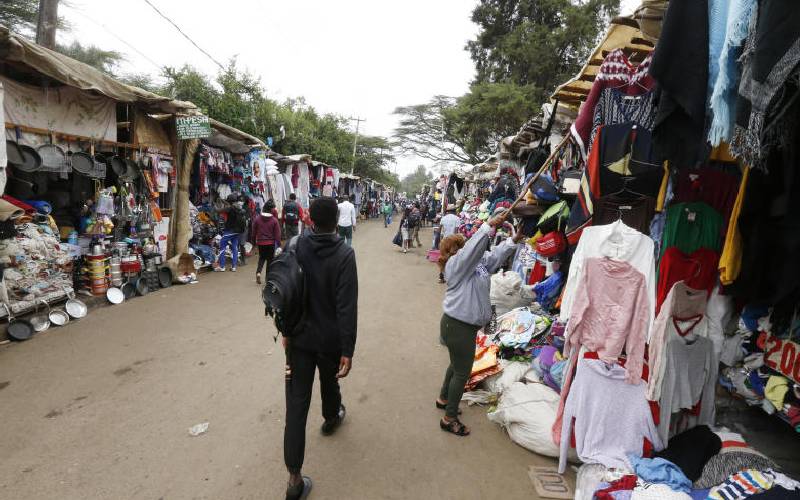×
The Standard e-Paper
Kenya’s Boldest Voice

It was unprecedented that second-hand clothes (mitumba) could get so much airtime in the run-up to the 2022 polls.
The leading presidential contenders traded barbs on who is likely to ban or support mitumba.







